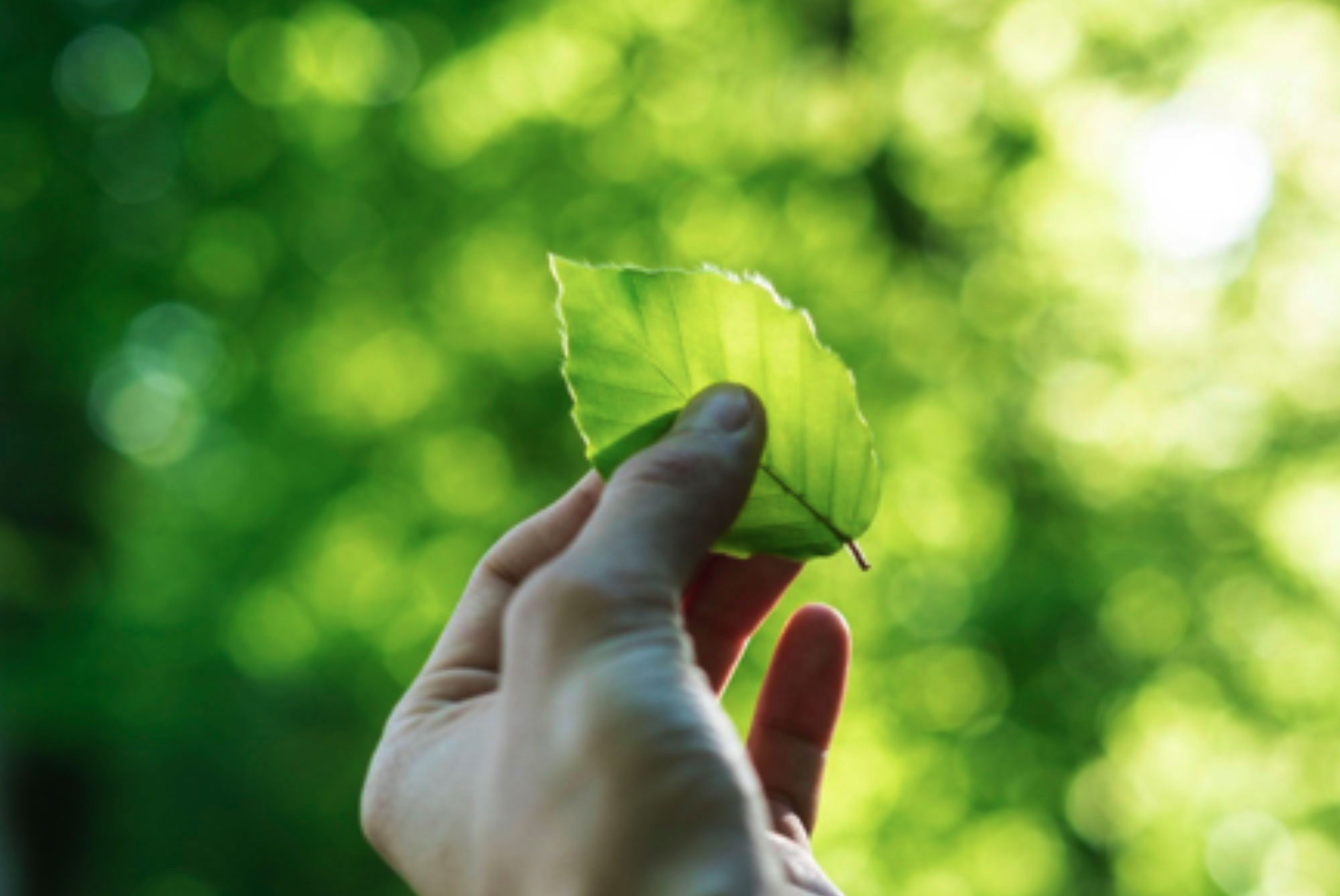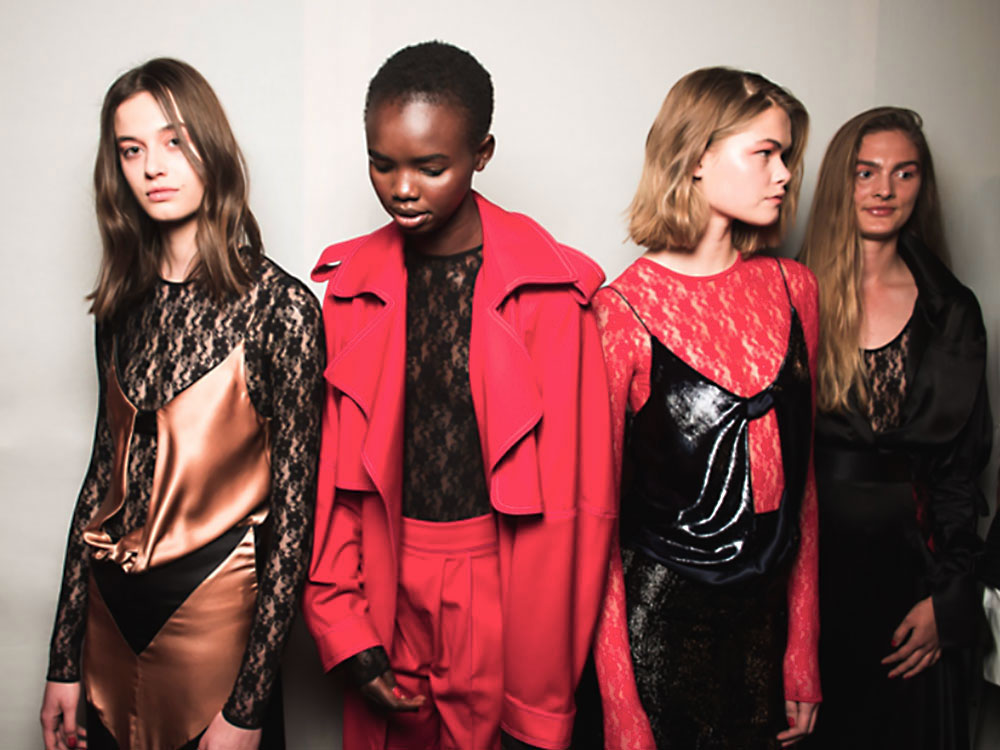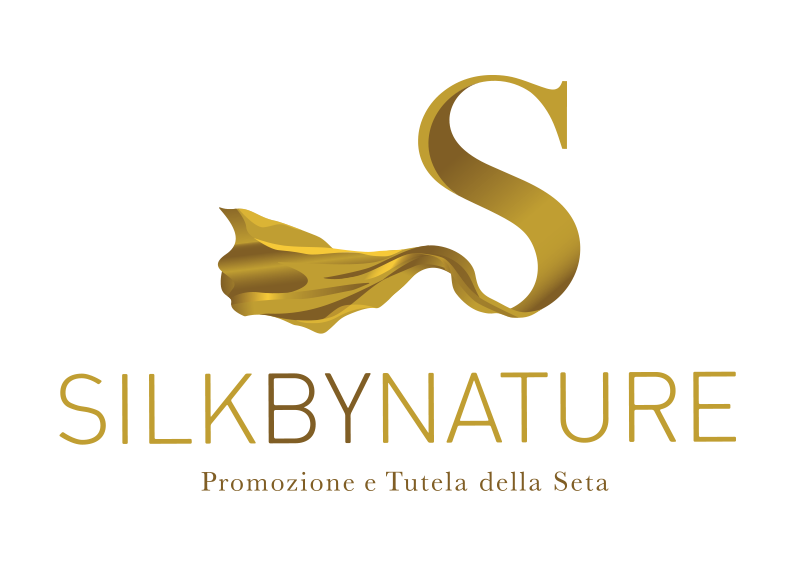
20 Apr Silk at the time of the millennials
Who are the Millennials? The word millennial refers to the generation of people born from the 1980’s to the end of the 1990’s, more precisely, those born from 1981 to 1996. They are also called Generation Y: they are the first to have been born with the diffusion of the internet and today they are the main online consumers, they are educated and connected. Moreover, they have become the object of study and research as they have certain values including those of sustainability, ethics and consumer behavior which in turn has direct consequences on both large and small brands.
The Millennial and the Concept of Sustainability
Of the various characteristics which have helped to define this generation, sustainability is a top priority. Not only is the Millennial interested in ethical solutions, albeit more than any other previous generation, but they are willing to spend more in order to support sustainable products.
During an annual event at Global Thinking Foundation, Nina Gardner from John Hopkins University said,
“Young people have a keen interest in protecting the planet, they are sensitive to environmental issues. Among the Millennials, decisions for investments in companies with sustainability goals are twice as high as the total investor population.”
But as early as 2001 Philip Kotler, also known as the father of modern marketing, in his book Principles of Marketing (2001 ed.)e explains that,
in the future, companies in carrying out marketing and production activities, will have to adhere to ever higher standards in terms of environmental responsibility. Companies capable of creating new values and practices of socially responsible marketing will have the whole world to conquer.

The Millennial and the Image of Silk
The relationship between Millenials and silk can be seen in this very light. Silk is a sustainable product for largely two reasons; firstly, in order to produce silk you must have mulberry plants that have been cultivated without pesticides in order to feed the silk worm and secondly, mulberry plantations in and of themselves produce oxygen and consume CO2, leaving the environment healthier.
The International Silk Union (ISU) is an organization which promotes communication and cooperation within the silk industry and in 2018 undertook and coordinated a study entitled “Millennials and Silk- An Inter-nation Survey by ISU”. This was done in order to study more precisely Millennial women’s knowledge of silk and its larger role within the context of sustainability and fashion. The results highlighted the belief that while silk is seen as being exclusive and expensive, it was termed “slow fashion” and is close to the idea of “responsible consumer”.
Therefore in the mind of the Millennials the image of silk is very positive thus confirming the existence of a challenge for fashion brands that want to conquer this generation: focus on silk garments, which in addition to their great aesthetic appeal, create, and bring with them great sustainable value. On the 15th of March 2019, the global protest movement “Friday for Future” brought students and young people from 98 different countries into the streets- this is the demonstration that the interest in environmental themes does not end with the Millennials, but also manifests itself in the increasingly active participation by the so-called Generation Z. According to a report entitled “True- Luxury Global Consumer Insight Study” by The Boston Consulting Group (BCG) –and Italian company Altagamma, this latter generation today weighs in at circa 4% for “luxury purchases” but by 2025 will grow by four to five percentage points per year. This is why companies are striving to quickly understand their tastes and languages.





Sorry, the comment form is closed at this time.